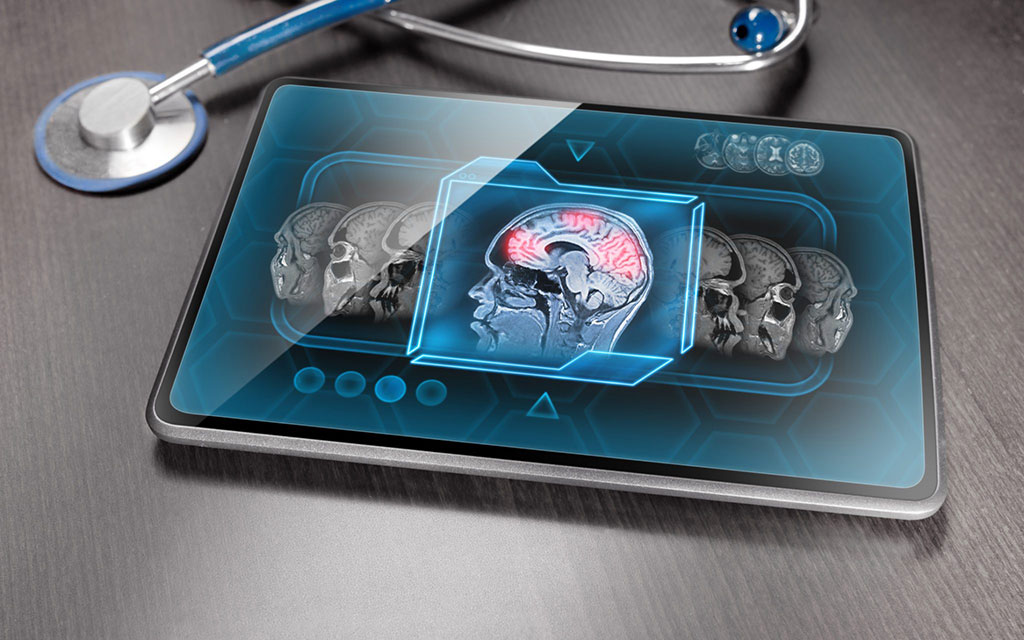AI Imaging Model Catches Brain Disorders from fMRI Scans
Posted on 25 Jul 2022
New research may lead to early diagnosis of devastating conditions such as Alzheimer’s disease, schizophrenia and autism - in time to help prevent and more easily treat these disorders.
In a new study, a team of seven scientists from the Georgia State University (Atlanta, GA, USA) built a sophisticated computer program that was able to comb through massive amounts of brain imaging data and discover novel patterns linked to mental health conditions. The brain imaging data came from scans using functional magnetic resonance imaging (fMRI), which measures dynamic brain activity by detecting tiny changes in blood flow. This kind of dynamic imaging is similar to a movie - as opposed to a snapshot such as an X-ray or, the more common structural MRI.

In addition, fMRI’s on these specific conditions are expensive, and not easy to obtain. Using an artificial intelligence model, however, regular fMRI’s can be data mined. And those are available in large numbers. Using these large but unrelated available datasets improved the model’s performance on smaller specific datasets. The AI models were first trained on a dataset including over 10,000 individuals to learn to understand basic fMRI imaging and brain function. The researchers then used multi-site data sets of over 1200 individuals including those with autism spectrum disorder, schizophrenia, and Alzheimer’s disease.
The technology works a bit like Facebook, YouTube or Amazon learning about a user’s online behavior, and beginning to be able to predict future behavior, likes and dislikes. The computer software was even able to home in on the “moment” when the brain imaging data was most likely linked to the mental disorder in question. To make these findings clinically useful, they will need to be applied before a disorder manifests.
“We built artificial intelligence models to interpret the large amounts of information from fMRI,” said Sergey Plis, associate professor of computer science and neuroscience at Georgia State, and lead author on the study. “The vision is that we collect a large imaging dataset, our AI models pore over it, and show us what they learned about certain disorders. We are building systems to discover new knowledge we could not discover on our own.”
“Even if we know from other testing or family history that someone is at risk of a disorder such as Alzheimer’s, we are still unable to predict when exactly it will occur,” said Vince Calhoun, one of the study’s authors. “Brain imaging could narrow down that time window, by catching the relevant patterns when they do show up before clinical disease is apparent.”
Related Links:
Georgia State University














